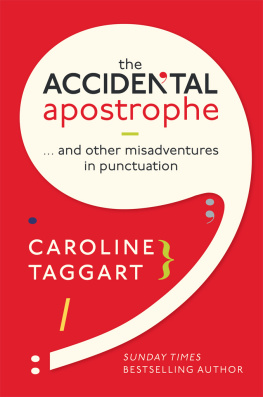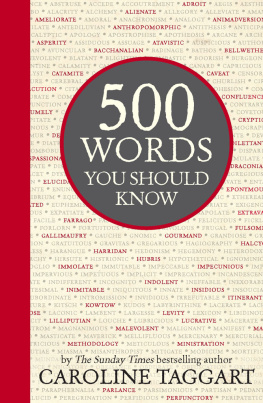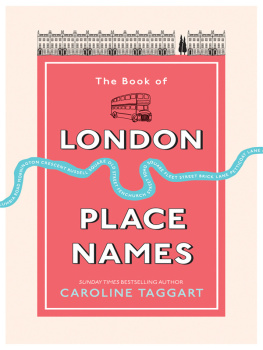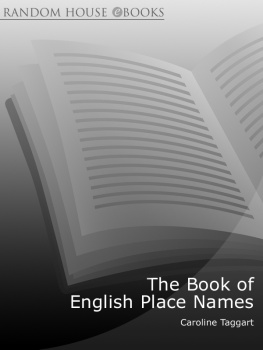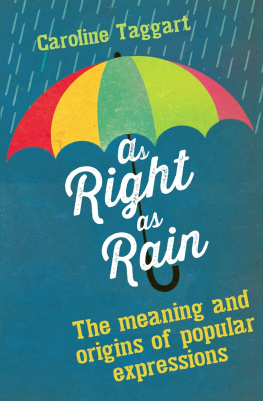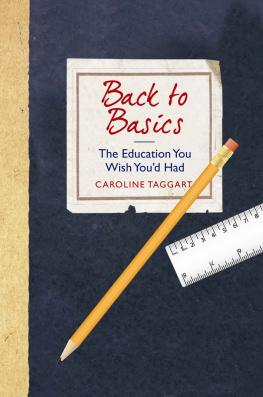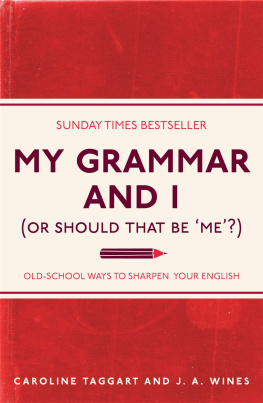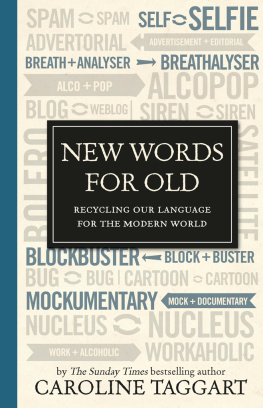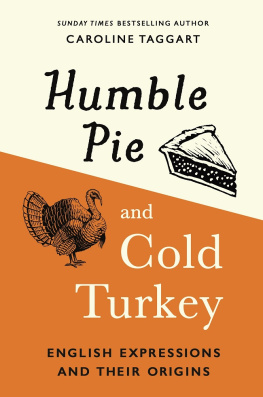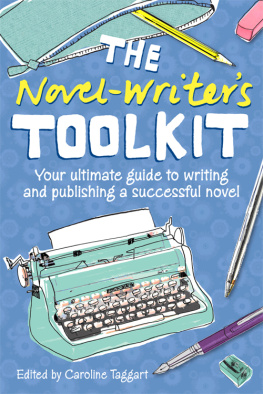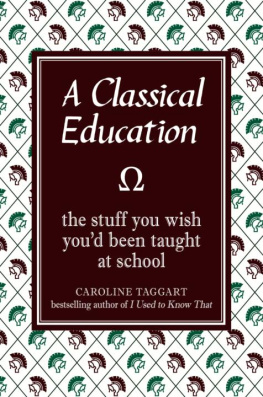Caroline Taggart - The Accidental Apostrophe: ... And Other Misadventures in Punctuation
Here you can read online Caroline Taggart - The Accidental Apostrophe: ... And Other Misadventures in Punctuation full text of the book (entire story) in english for free. Download pdf and epub, get meaning, cover and reviews about this ebook. publisher: Michael OMara Books, genre: Religion. Description of the work, (preface) as well as reviews are available. Best literature library LitArk.com created for fans of good reading and offers a wide selection of genres:
Romance novel
Science fiction
Adventure
Detective
Science
History
Home and family
Prose
Art
Politics
Computer
Non-fiction
Religion
Business
Children
Humor
Choose a favorite category and find really read worthwhile books. Enjoy immersion in the world of imagination, feel the emotions of the characters or learn something new for yourself, make an fascinating discovery.
- Book:The Accidental Apostrophe: ... And Other Misadventures in Punctuation
- Author:
- Publisher:Michael OMara Books
- Genre:
- Rating:5 / 5
- Favourites:Add to favourites
- Your mark:
The Accidental Apostrophe: ... And Other Misadventures in Punctuation: summary, description and annotation
We offer to read an annotation, description, summary or preface (depends on what the author of the book "The Accidental Apostrophe: ... And Other Misadventures in Punctuation" wrote himself). If you haven't found the necessary information about the book — write in the comments, we will try to find it.
Sunday Times bestselling author Caroline Taggart brings her usual gently humorous approach to punctuation, pointing out what really matters and what doesnt.
In Roman times, blocks of text were commonly written just as blocks without even wordspacingnevermindpunctuation to help the reader to interpret them. Orators using such texts as notes for a speech would prepare carefully so that they were familiar with the content and didnt come a cropper over a confusion between, say, therapists and the rapists. As we entered the Christian era and sacred texts were widely read (by priests if not by the rest of us), it became ever more important to remove any likelihood of misinterpretation. To a potential murderer or adulterer, for example, there is a world of difference between If you are tempted, yield not, resisting the urge to commit a sin and If you are tempted, yield, not resisting the urge to commit a sin. And the only surface difference is the positioning of a comma.
So yes, you SMS-addicts and let it all hang out Sixties children, punctuation does matter. And, contrary to what people who tear their hair out over apostrophes believe, it is there to help - to clarify meaning, to convey emphasis, to indicate that you are asking a question or quoting someone elses words. It also comes in handy for telling your reader when to pause for breath.
Caroline Taggart, who has made a name for herself expounding on the subjects of grammar, usage and words generally (and who for decades made her living putting in the commas in other peoples work), takes her usual gentle and gently humorous approach to punctuation. She points out what matters and what doesnt; why using six exclamation marks where one will do is perfectly OK in a text but will lose you marks at school; why hang glider pilots in training really need a hyphen; and how throwing in the odd semicolon will impress your friends. Sometimes opinionated but never dogmatic, she is an ideal guide to the (perceived) minefield that is punctuation.
Caroline Taggart is the bestselling author of I Used to Know That and, in the same series, A Classical Education. She also co-wrote My Grammar and I (Or Should that Be Me?)
Reviews
Caroline Taggart: author's other books
Who wrote The Accidental Apostrophe: ... And Other Misadventures in Punctuation? Find out the surname, the name of the author of the book and a list of all author's works by series.

